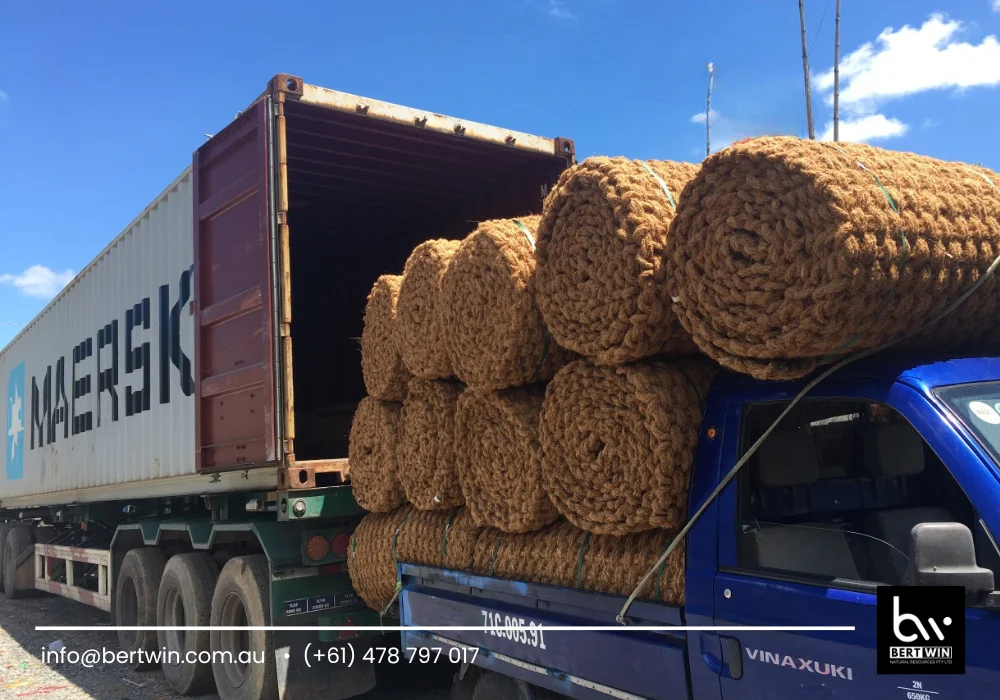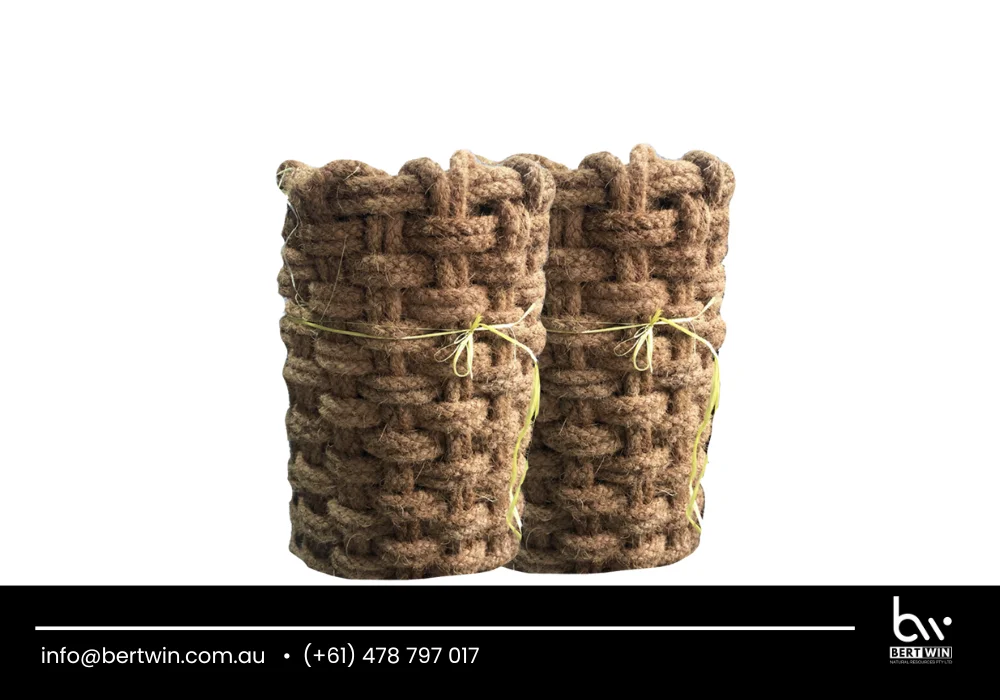An eco coconut mat is an environmentally friendly, practical, and aesthetically pleasing option for both residential and commercial use. Crafted from natural coconut husk fibers, these mats are celebrated for their durability, moisture resistance, and biodegradable nature. Whether used at the doorstep, in the garden, or for landscaping, the eco coconut mat represents a perfect balance between functionality and sustainability.

What is an Eco Coconut Mat?
An eco coconut mat is made from coir — the coarse, stiff fiber extracted from the outer husk of coconuts. These fibers are woven or pressed into mats, creating a robust surface ideal for cleaning shoes, controlling soil erosion, or protecting garden beds. Coir is naturally resistant to water, mold, and microbial growth, making it highly suitable for outdoor applications or high-moisture environments.
These mats come in various sizes, shapes, and thicknesses. Some have backing materials like rubber or PVC for extra grip, while others are completely biodegradable, designed to decompose naturally over time. Their rustic look complements both modern and traditional spaces, while their natural origin appeals to eco-conscious consumers.
Benefits of Eco Coconut Mats
1. Environmentally Sustainable
One of the most significant advantages of an eco coconut mat is its sustainable production. Coir is a renewable resource and a byproduct of the coconut industry, meaning it utilizes what would otherwise be agricultural waste. The production process typically avoids harmful chemicals, making it safe for the environment and human use.
Unlike synthetic mats that may take decades to break down, an eco coconut mat decomposes naturally and enriches the soil if composted. This makes it a zero-waste alternative for environmentally responsible living.
2. Durable and Functional
Despite being made from natural fibers, eco coconut mats are known for their strength and endurance. The coir fibers are tough and resilient, providing excellent scraping action to remove dirt and debris from footwear. Their durability makes them ideal for areas with heavy foot traffic such as front porches, patios, commercial entrances, and workshops.
In landscaping, these mats are often used on slopes or embankments to control erosion. They hold soil in place and allow vegetation to grow through them, eventually breaking down into the earth without harming the environment.
3. Aesthetic and Versatile
An eco coconut mat is not only functional but also visually appealing. Its earthy tones and textured surface add a natural charm to entryways, gardens, or interior spaces. Available in plain or printed designs, these mats can also be customized with welcome messages, patterns, or logos, making them suitable for both personal and business branding purposes.
Because of their versatile design, they can be used in a range of applications — from door mats and bathroom mats to garden liners and insulation layers for potted plants.
Applications and Use Cases
Eco coconut mats have a broad range of applications in everyday life and industrial settings:
- Residential doorways: Trap dirt and moisture before entering the home
- Gardens: Used as mulch or weed control layers
- Landscaping: Prevent soil erosion on slopes or exposed surfaces
- Construction sites: Serve as temporary ground covers or erosion control solutions
- Pet areas: Provide natural, absorbent surfaces for pets
- Greenhouses and nurseries: Help retain moisture and reduce weeds
In all these cases, the eco coconut mat offers both environmental and practical advantages that synthetic alternatives often lack.
Maintenance and Longevity
Maintaining an eco coconut mat is simple and doesn’t require special tools. Regular shaking or beating will remove accumulated dirt, and occasional vacuuming can freshen its appearance. If the mat becomes wet, it should be dried in sunlight to maintain its structure and prevent mildew.
While coir is naturally mold-resistant, it’s best to place the mat in semi-covered areas to prolong its life. Fully exposed outdoor placements may shorten its lifespan, especially in extremely wet or snowy climates. Nevertheless, because it’s biodegradable, replacing the mat does not contribute to long-term waste.
Eco-Friendly Lifestyle with Coir

Choosing an eco coconut mat is more than a practical decision—it’s a statement of your commitment to sustainability. In an era where conscious consumerism is on the rise, small choices like using biodegradable mats can contribute significantly to reducing plastic pollution and promoting renewable resources.
Moreover, supporting the coir industry helps small-scale coconut farmers and artisans in developing countries, creating a positive social and environmental impact. Many of these mats are handmade using traditional weaving methods, preserving cultural heritage while promoting green living.
Conclusion
The eco coconut mat stands out as a simple yet powerful tool for maintaining cleanliness, improving soil health, and embracing a more sustainable lifestyle. Whether you’re furnishing a home, outfitting a business entrance, or managing a landscaping project, this natural product offers durability, beauty, and environmental integrity all in one.
For further information, you may contact WhatsApp at (+61) 478797017 or via email at info@bertwin.com.au.
